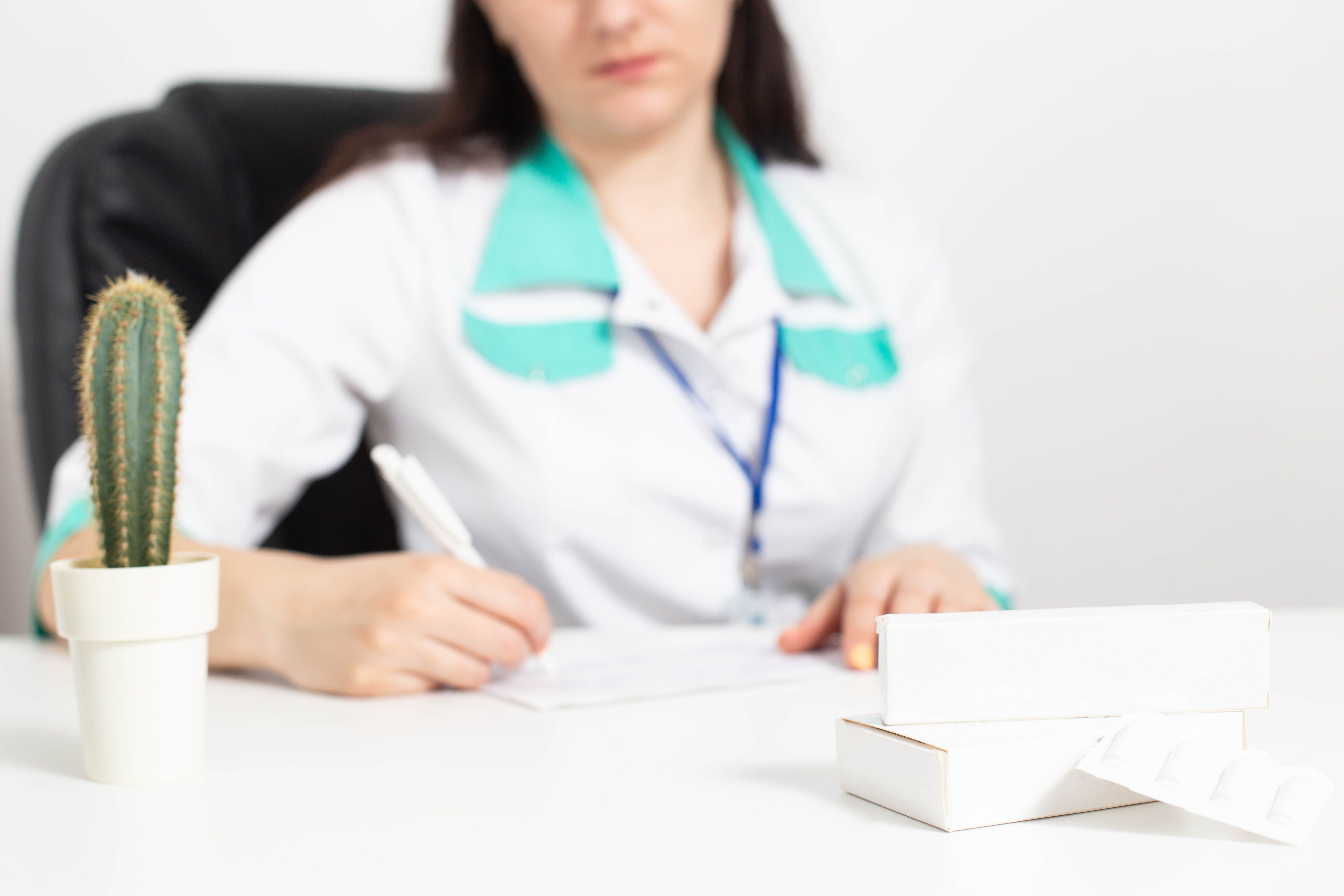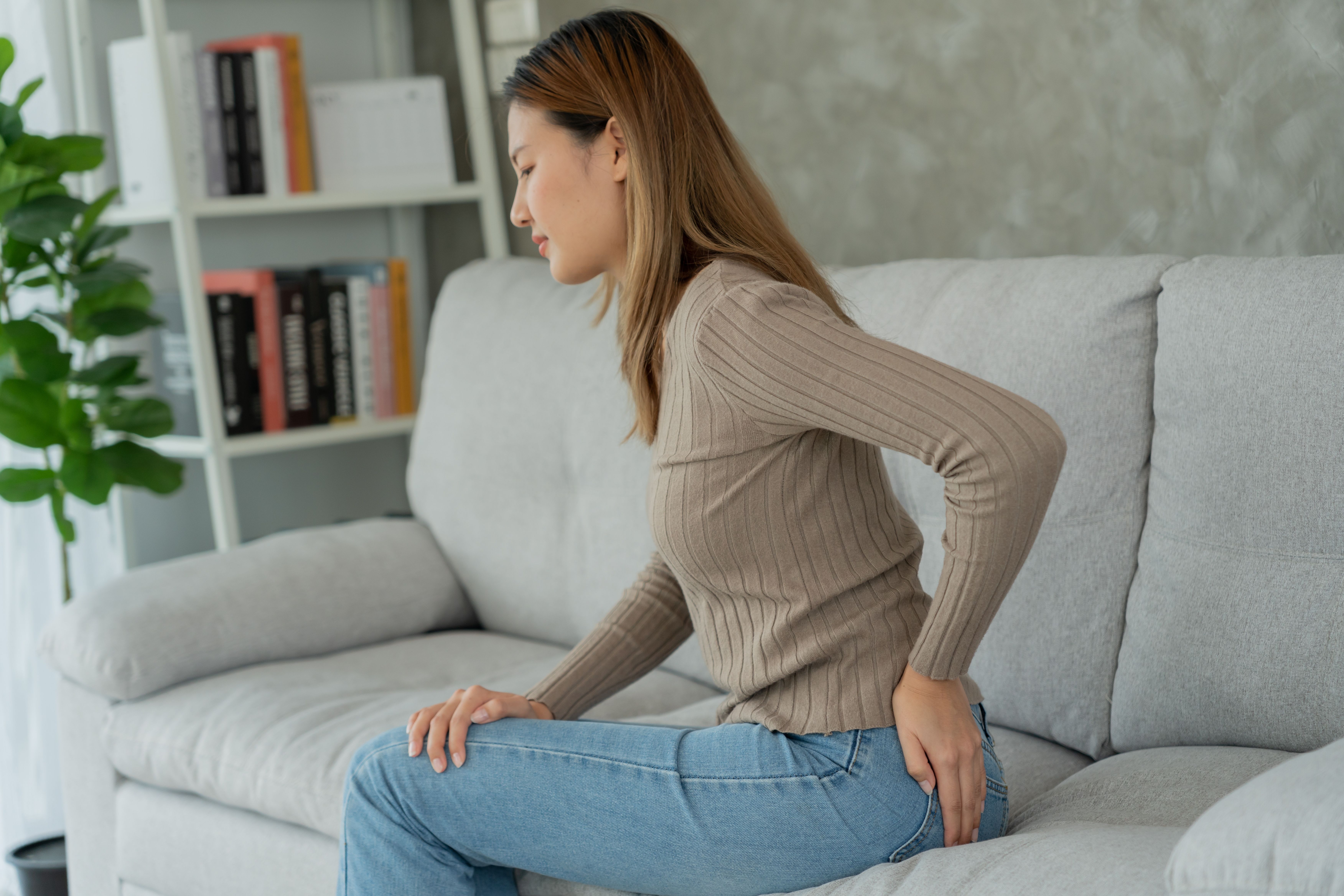Recognizing the signs: when to see a doctor about hemorrhoids?

While many people get relief with home treatments and lifestyle changes, bleeding or long-lasting hemorrhoids may indicate it is time to see a doctor.
What is a hemorrhoid?1,2
Hemorrhoids, also called piles, are swollen veins located in the anus and lower rectum. If they develop inside the rectum, they are called internal hemorrhoids. If they develop under the skin around the anus, they are called external hemorrhoids and are generally more painful.
Piles are vascular cushions in the rectum that help us to control bowel function. When increased pressure causes the veins in your lower rectum and anus to swell, they can become inflamed and painful.
What are the usual symptoms of hemorrhoids?1,3,4
Hemorrhoid symptoms depend on the type of hemorrhoid:
- Internal hemorrhoids: you usually cannot see or feel them, and they rarely cause discomfort. But straining or irritation when passing stools can cause painless bleeding during bowel movements and a prolapsed or protruding hemorrhoid, which is a hemorrhoid pushing through the anal opening. This may result in pain and irritation.
- External hemorrhoid symptoms might include itching or irritation in the anal region, pain or discomfort, swelling around the anus, and bleeding.
What are the complications that may be caused by severe hemorrhoids?1,4
Complications due to hemorrhoids are rare but may include:
- Anemia: rarely, ongoing blood loss from hemorrhoids may cause anemia, which is when there are not enough healthy red blood cells to carry oxygen to the body's cells.
- Strangulated hemorrhoid: when the blood supply to an internal hemorrhoid is cut off, the hemorrhoid is called strangulated. Strangulated hemorrhoids can cause extreme pain.
- Blood clot: sometimes a clot can form in an external pile. This is called a thrombosed hemorrhoid. Although not dangerous, it can be extremely painful and sometimes needs to be drained.
How do I know when it is time to see a doctor about hemorrhoids?1-4
Most hemorrhoid symptoms, such as mild itching or mild pain, can usually be treated at home with over-the-counter remedies and lifestyle changes such as drinking more water, and eating more fiber.

However, a doctor can help you get effective relief faster than you might on your own. And, in some cases, your symptoms could indicate a condition more serious than hemorrhoids. Here are the situations that indicate you when it is time to seek medical care for severe hemorrhoids:
-
If you have bleeding before, during, or after bowel movements
Bleeding during bowel movements may be associated with hemorrhoids but could also be a sign of something more serious, such as colorectal or anal cancer, especially if you have changes in bowel habits, if your stools change in color or consistency, or if bleeding involves darker blood or clots. Your doctor can help you identify and address the cause of your bleeding. And if it is severe hemorrhoids, they can offer treatment, relief, and suggestions to help you prevent hemorrhoids from recurring.
-
If discomfort from hemorrhoids is not resolved within a week of home care
When you have had persistent discomfort, pain, or itching for a week, it is time to see a doctor. Your doctor can recommend treatments that range from the conservative, such as dietary and behavioral changes, or in-office procedures, such as rubber band ligation, to more invasive approaches such as surgery.
-
If your symptoms continue to worsen
While many home remedies may provide temporary relief of inflammation, pain, or discomfort caused by piles, they do not necessarily cure the issue. This is why it is important to seek medical care for severe hemorrhoids, especially if your symptoms, such as bleeding, get worse.
-
If you feel a bulge or a lump in the anus
You may have a prolapsed hemorrhoid. Indeed, if an internal hemorrhoid becomes severely inflamed, it can prolapse, or fall outside of the anus. Many times, it will retract on its own but not always. If it cannot easily be pushed back in, or it causes pain or bleeding, early treatment from a doctor is important.
-
If you are not certain your discomfort is caused by hemorrhoids
When you have bleeding, discomfort, or pain in the anal region, it could be a sign of an inflamed hemorrhoid, or it could indicate that something else is wrong. This is especially true if you do not have a history of hemorrhoids. This is why it is always better to see a doctor, as he can accurately diagnose the cause of your symptoms.
In most cases, you can see a general practitioner or your family physician about your severe hemorrhoid symptoms. If complications arise, you may be referred to a specialist, such as a gastroenterologist or a proctologist.
When is immediate care needed?4

It is recommended to see a health care provider if hemorrhoidal bleeding persists or worsens. If the bleeding is severe or accompanied by fever and one of the following signs or symptoms, seek immediate medical care:
- Severe anal or rectal pain
- Heart palpitations
- Cold sweats
- Pallor
- Dizziness, lightheadedness, or fainting
- Severe abdominal pain
- Bloody or tarry stools